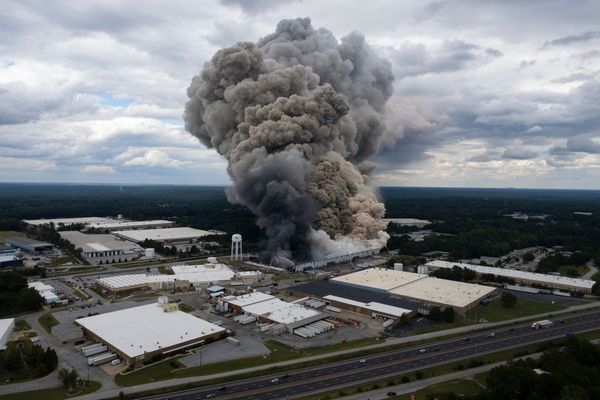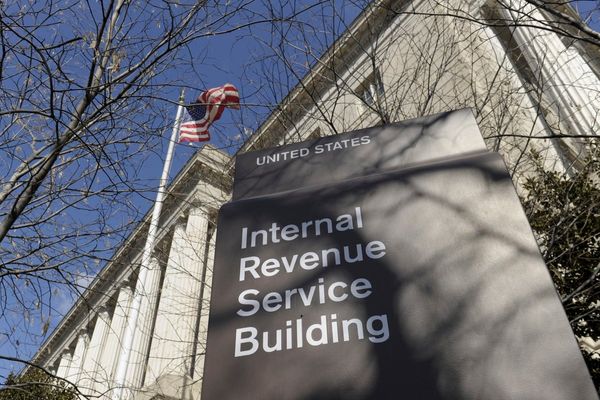
France and Japan have agreed to start formal talks on a deal to share military training and operations amid rising maritime tensions in the Indo-Pacific region, and the war in Ukraine.
Paris and Tokyo have held numerous joint military exercises in recent years, bilaterally and as part of a wider group.
Notably, France has been pushing for more than a year to begin talks on a reciprocal access agreement (RAA) with its G7 ally.
RAAs create frameworks to facilitate military cooperation, for example making the entry of foreign personnel and equipment easier for the visiting force.
"They agreed to start negotiations," a Japanese government official said, as Prime Minister Fumio Kishida and President Emmanuel Macron met in Paris on Thursday. "Given the accumulation of cooperation and [military] exercises, we consider this important."
A Japanese government statement confirmed the agreement to move forward with talks. The French presidency said in a statement that concluding the RAA would promote interoperability between the two militaries.
Deal could take a year to conclude
In January 2023, Kishida and Macron pledged greater security cooperation in the Asia-Pacific region, as the Japanese PM made his first official visit to France since taking office.
In December of that year, Japan announced a 16 percent increase in its military spending – the biggest military build-up since WWII – in a step away from its post-war pacifism. It has already signed RAAs with Australia and the United Kingdom and is negotiating a third with the Philippines.
Tokyo, which spent about two years negotiating the agreement with Australia and one year negotiating the one with Britain, hosts the biggest concentration of US forces abroad.
The official said a deal with France could take about a year to conclude, though a French diplomatic source said Paris hoped it could be done "very quickly".
Japan has sought to strengthen defence ties amid concerns about China, including its pressure on Taiwan, freedom of navigation in the region and trade disputes.
It has also backed Ukraine in its war against Russia, saying it is vital to protect the rules-based international order.
(with Reuters)







